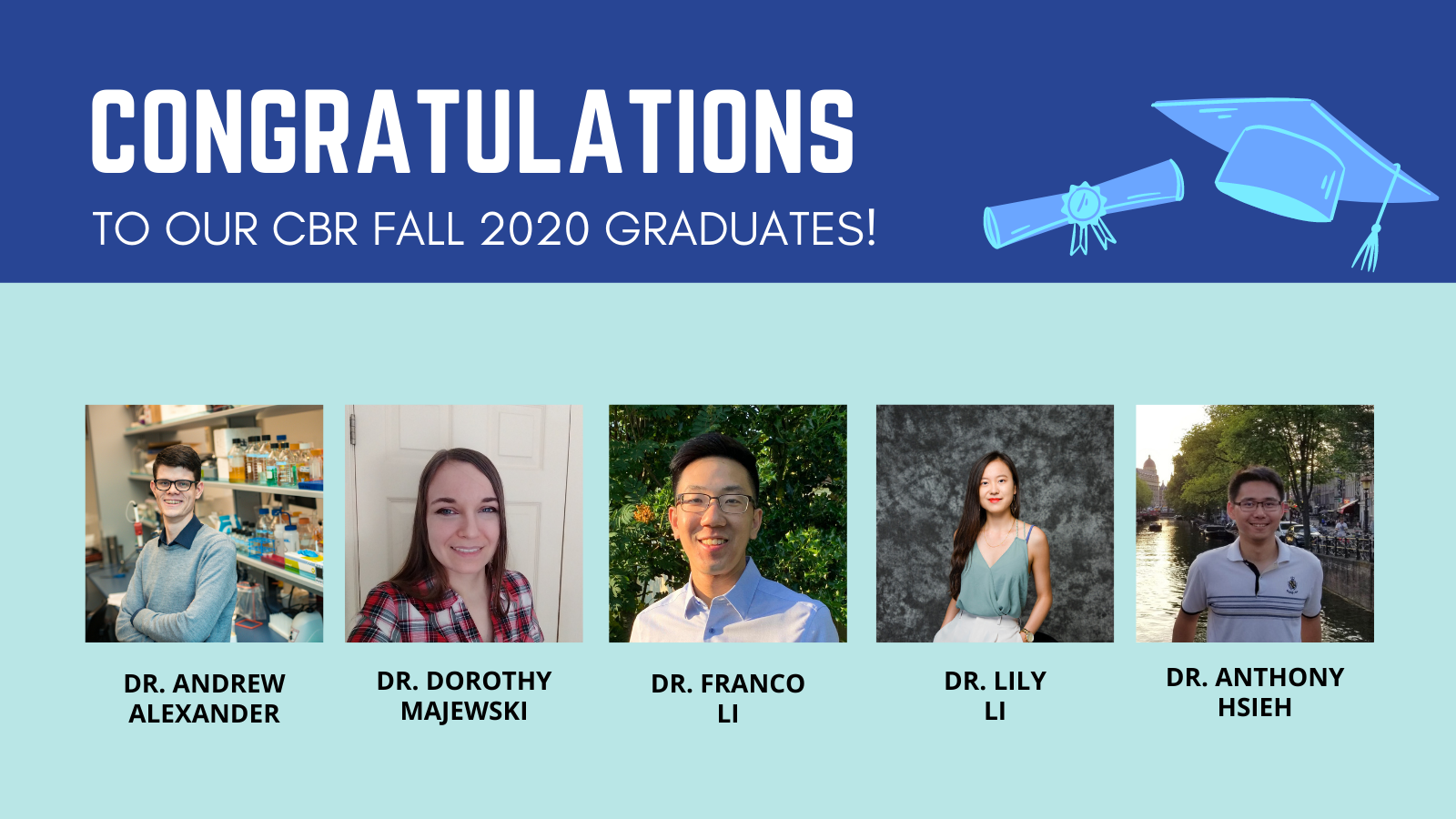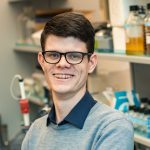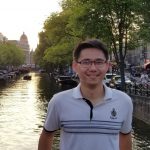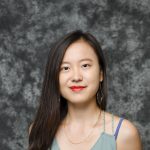Congratulations to our CBR Fall 2020 Graduates!
December 2, 2020

Congratulations to our CBR Fall 2020 graduates, who walked across the virtual stage and celebrated their UBC convocation in late November!
We chatted with a couple of our graduates to hear their take on what was most memorable in their experience, what advice they’d give incoming grad students, and how they’re hoping to celebrate after convocation. You can also read the full profiles on our Instagram account at @CBR_UBC.
 Dr. Andrew Alexander, Strynadka Lab Dr. Andrew Alexander, Strynadka Lab
What was your PhD research about?
I worked to investigate how antibiotics interact at a molecular level with bacterial proteins that are important for facilitating antibiotic resistance. The idea is to try and understand all the molecular interactions occurring between a particular drug and the target protein. Hopefully, we can use this information to understand how to make new and improved antibiotics.
What inspired you to pursue your program?
I discovered that I find the research process really engaging when I was working toward my undergraduate degree, so I wanted to keep going! It also helped that I was interested in the project!
What is one piece of advice you would give a new graduate student?
Work hard and don’t be put off by experiments that didn’t work out as expected!
Most memorable part of your graduate student experience?
The ‘firsts’ are always memorable: the first protein crystals made, the first X-ray diffraction seen, and so on and so forth. Apart from the science itself, the most memorable part of my graduate experience is the people I have had a chance to meet, work with, and learn from.
What’s your favourite wild-type (aka non-academic) activity?
I like to bicycle, play badminton and run. I find these activities provide an excellent outlet for the stresses of life.
Any plans or celebrations after your graduation?
It will be nice to properly see friends and family, once it’s safe to do so!
|
 Dr. Anthony Hsieh, Côté Lab Dr. Anthony Hsieh, Côté Lab
What was your research about?
I studied the effect that HIV infection has on accelerating the age of the immune system. This involved studying blood samples from hundreds of people living with HIV from all over Canada. As time went on, my research evolved into investigating how the accumulation of several viruses with long-term infections (just like HIV) can also accelerate immune aging in the general population.
What inspired you to pursue your program?
Before I started the program, I really wanted to study viruses. Virology felt like this cool, niche area that was unlike any other field of research in biology. After a while, I changed my mind and decided that what was cool about my research was the fact that I got to see how different theories of aging could be observed in real-life humans.
What is one piece of advice you would give a new grad student?
A research-based graduate degree is a balance of two equally important behaviours: conscientiously pursuing well-planned goals and spontaneously falling down rabbit holes in search of new ideas. With a finite amount of time, you don’t want to skew too far to one side or the other.
Most memorable part of your graduate student experience?
My favourite part of grad school was mentoring high school students, undergrads, and new grad students in the academic setting. Sharing in their successes and failures made me a wiser human being, and also resulted in the very positive side effect of making new friends!
Favourite non-academic activities?
I love taking pictures of space with my telescope and riding up the Sea-to-Sky Highway on my motorcycle. When the pandemic ends, I’d also like to go back to Taiwan to visit my extended family.
|
 Dr. Lily Li, Orvig Lab Dr. Lily Li, Orvig Lab
What was your PhD research about?
My research focused on developing new metal-based radiopharmaceuticals for cancer treatments. The project involved synthesizing new metal-chelating agents, and testing their affinity for different radioactive metal ions and biological properties of radiotracers.
What inspired you to pursue your program?
My undergraduate honours project, which focused on photodynamic cancer therapy, sparked my interest in cancer-targeting drug development. Back then, I was primarily evaluating the biological properties of in-house drugs that were synthesized by a PhD student in our group, because the synthesis of my own had failed (miserably).
Having always wanted to develop and study my own drugs, I pursued my PhD study with Chris, whose research areas stretch from chemical synthesis to radiochemical studies and biological applications, through an extensive collaboration network.
What is one piece of advice you would give a new graduate student?
The blood, sweat and tears of the PhD journey not only build your scientific foundation, but also help build a stronger ‘you’, if you stand up every time in situations where you may fall badly.
Most memorable part of your graduate student experience?
Learning skiing from Chris in Whistler. Skiing is also one of my favourite non-academic activities, and I especially enjoyed the annual group ski trip in Whistler.
Any plans or celebrations after your graduation?
Being a new mom. |




 Dr. Andrew Alexander, Strynadka Lab
Dr. Andrew Alexander, Strynadka Lab Dr. Anthony Hsieh, Côté Lab
Dr. Anthony Hsieh, Côté Lab Dr. Lily Li, Orvig Lab
Dr. Lily Li, Orvig Lab